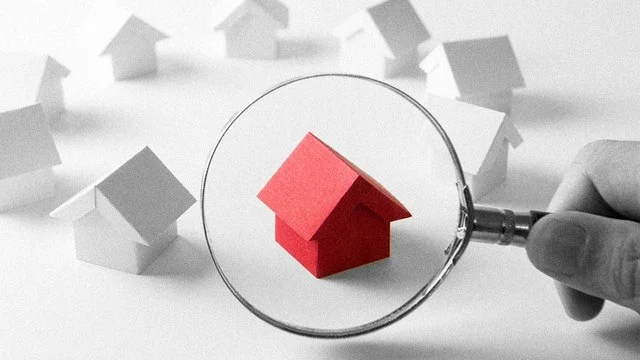A sign is posted in front of new homes for sale at Hamilton Cottages on September 24, 2020 in Novato, California.
Justin Sullivan | Getty Images
After a strong surge in home sales over the past six months, suddenly consumers are concerned about the health of the housing market. Buyers and sellers felt significantly less confident about making a deal in December, according to a monthly survey by Fannie Mae.
The percentage of survey respondents who said it was a good time to buy a home fell to 52% from 57%, while the percentage who said it was a bad time to buy increased to 39% from 35%. On the sell side, just 50% said it was a good time to sell, down from 59% the previous month. Respondents who said it was a bad time to sell rose to 42% from 33%.
“The sell-side component fell for the first time since April, reversing most of the increases of the past three months and implying to us that, at least temporarily, potential home sellers might wait to list their homes,” said Doug Duncan, chief economist at Fannie Mae. “If so, this could have the effect of perpetuating already-tight inventory levels and supporting additional (albeit lesser) home price growth, which could contribute to a further moderating of home sales.”
Consumers are feeling less confident about the housing market because they are also feeling less sure about the U.S. economy. More respondents said they were concerned about keeping their jobs, and fewer said their household income had increased substantially.
Consumers are also likely reacting to the sharp rise in home prices, brought on by high demand and record-low supply of houses for sale. Prices are seeing the biggest gains in six years, up 8.2% in November annually, according to CoreLogic.
Nationally, the number of homes for sale was down 39.6% in December, year over year, according to Realtor.com — that amounts to 449,000 fewer homes for sale than December 2019.
“Looking forward, we could see new lows in the next couple of months as buyers remain relatively active, but a surge of new Covid cases may slow the number of sellers entering the market,” said Danielle Hale, chief economist at Realtor.com. “We eventually expect to see improvements in the supply of homes for sale, especially in the second half of the year. Until then, finding a home will continue to be a top challenge for buyers across all price ranges.”
Home sales have started to fall over the past few months, even as mortgage rates set multiple record lows. Rates will likely stay down but not go any lower, given the new leadership in both the White House and Congress. With government spending expected to rise significantly, bond yields are already heading higher. Mortgage rates loosely follow the yield of the U.S. 10-year Treasury.
“The boost to affordability from lower interest rates is rapidly being eroded by higher house prices, and we do not think mortgage rates will fall further,” wrote Matthew Pointon, property economist at Capital Economics. “Even if demand holds up, record low inventory will act to limit home sales.”















